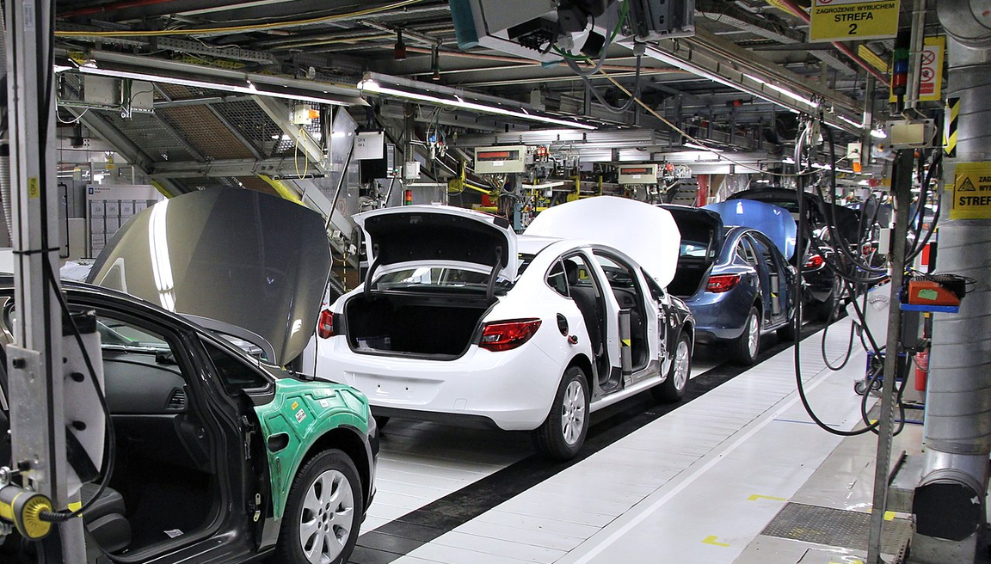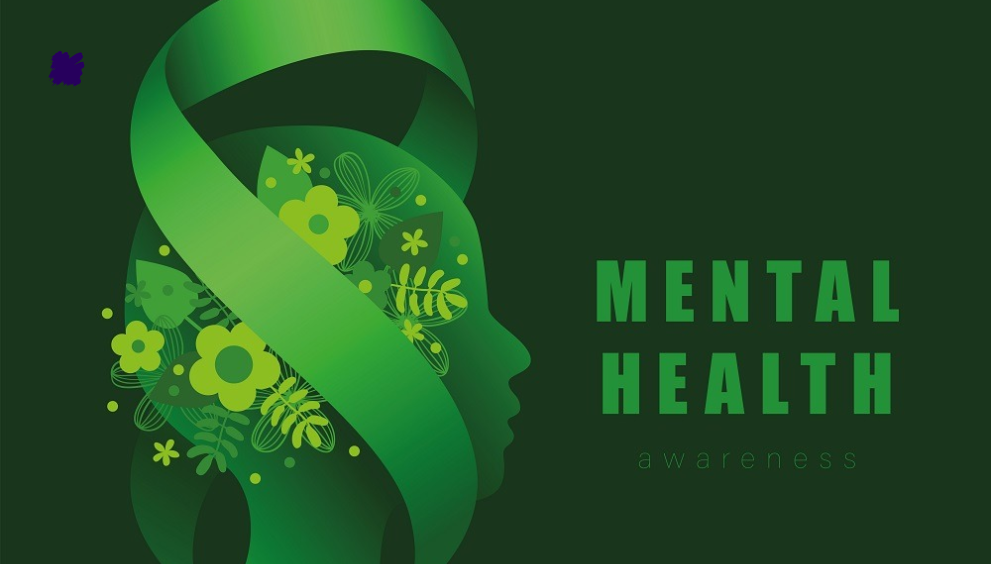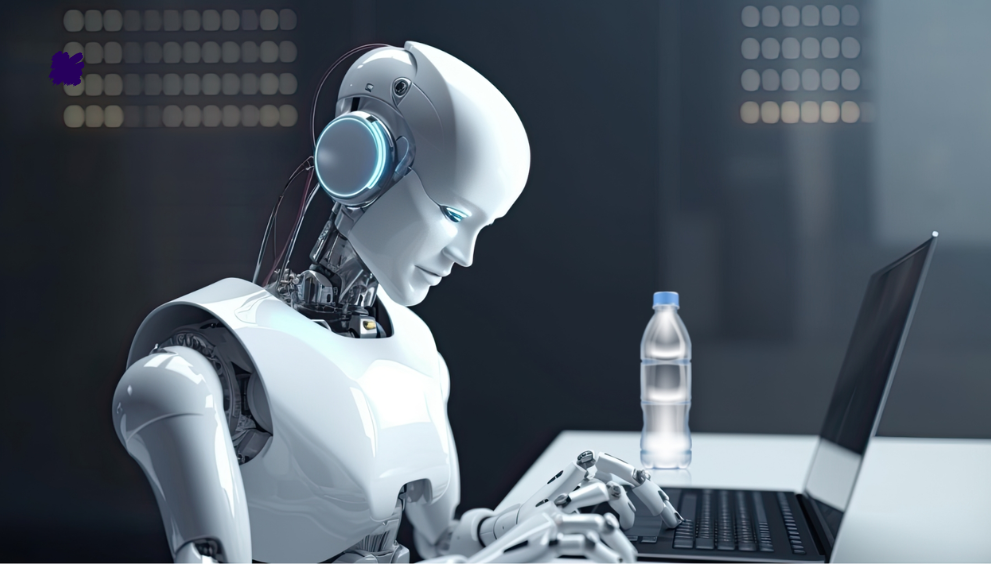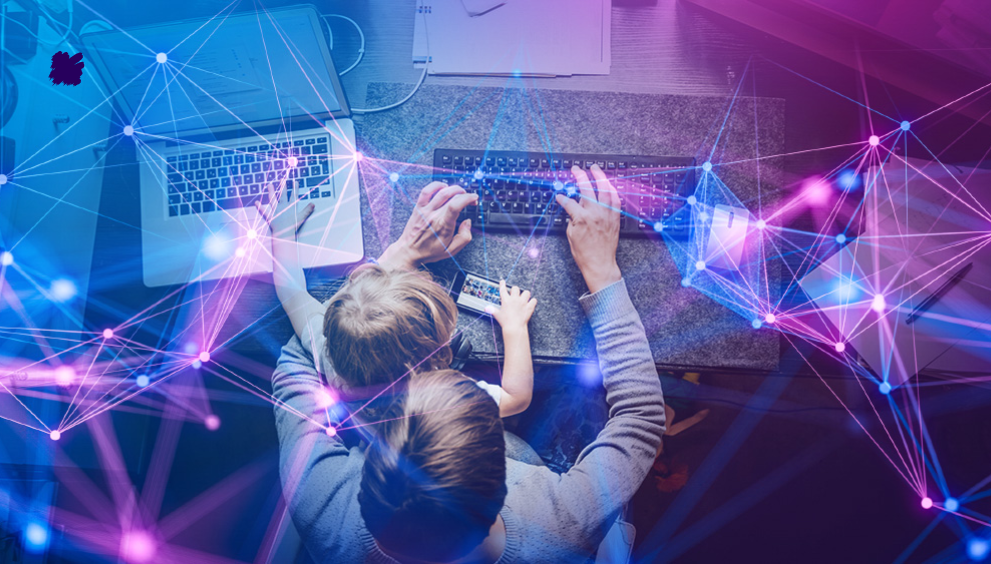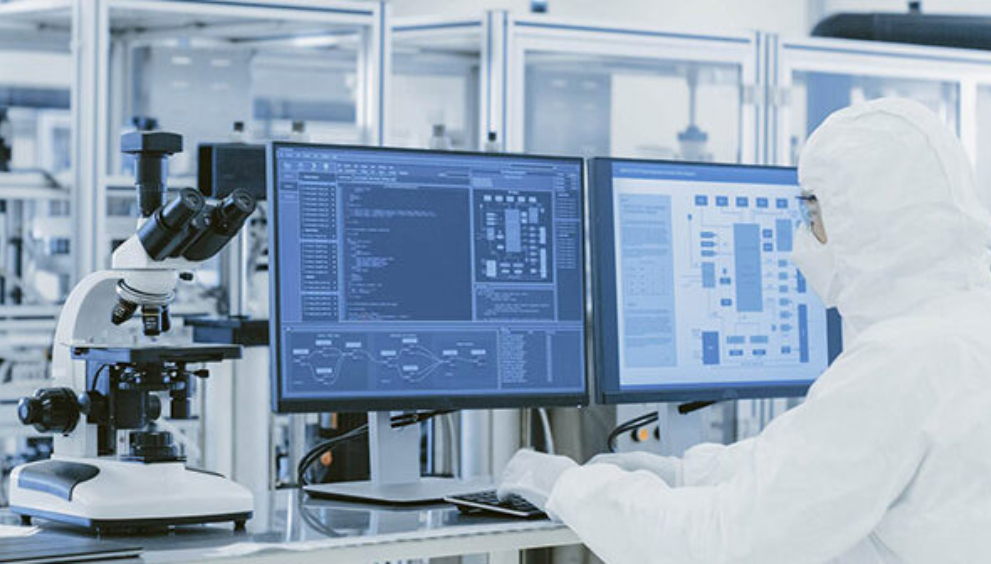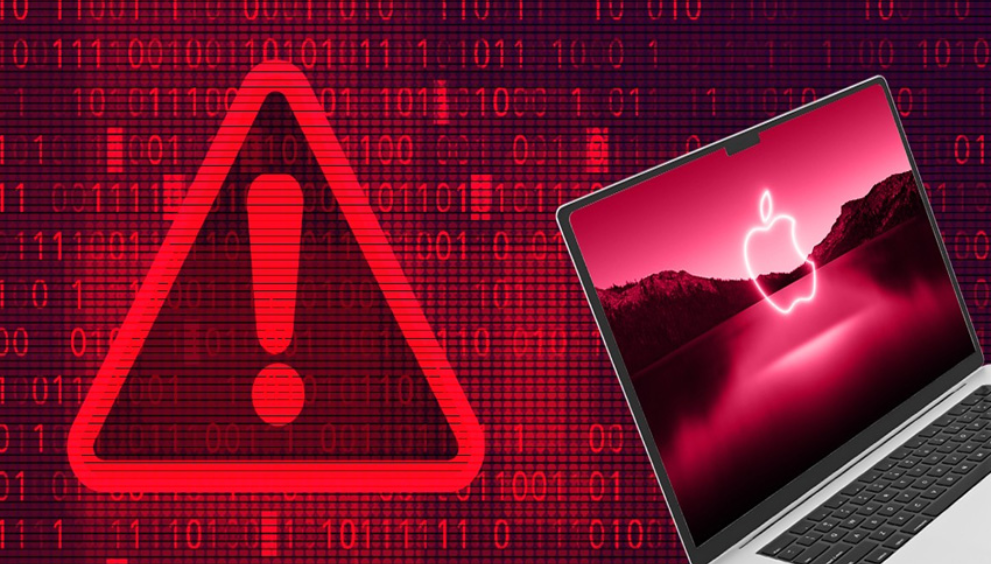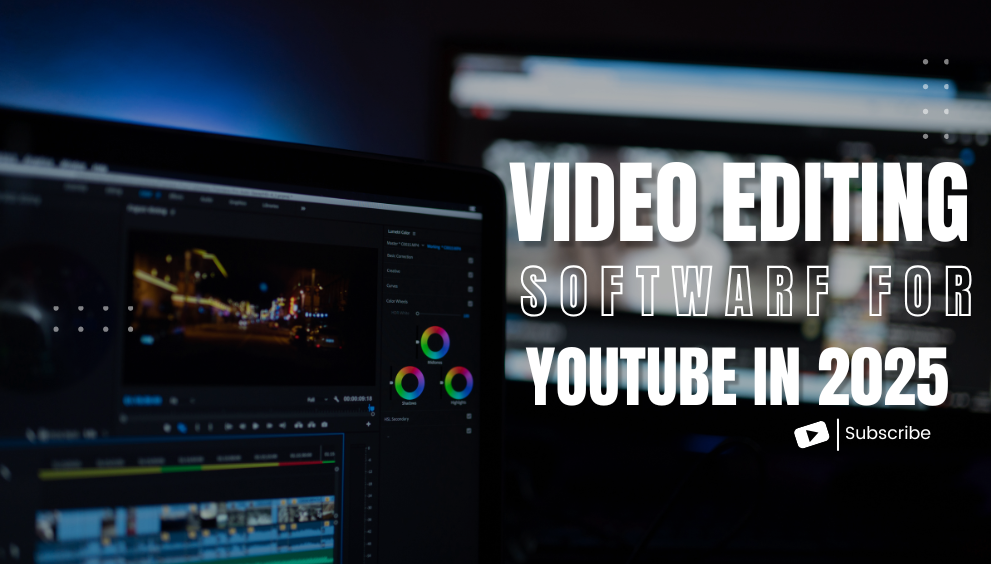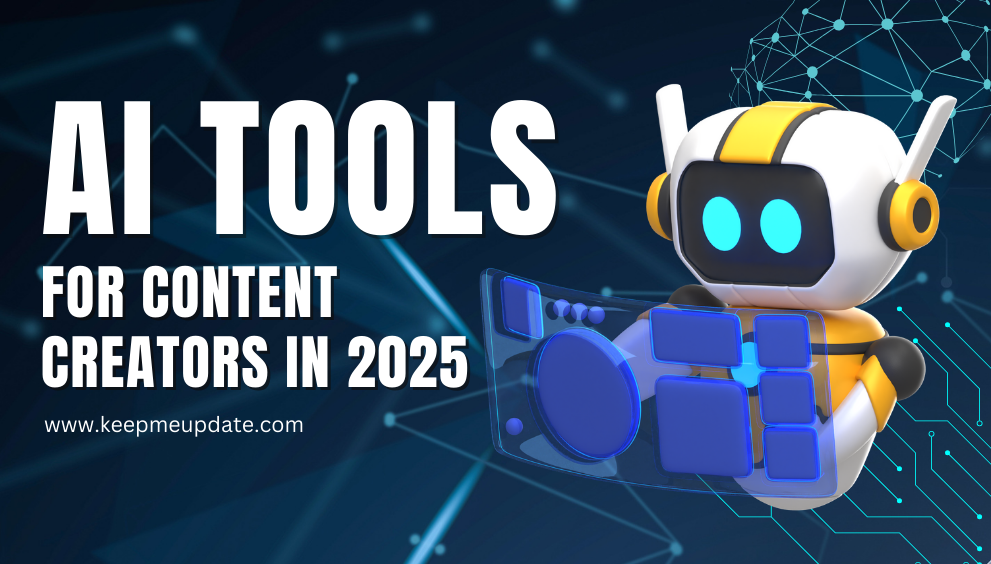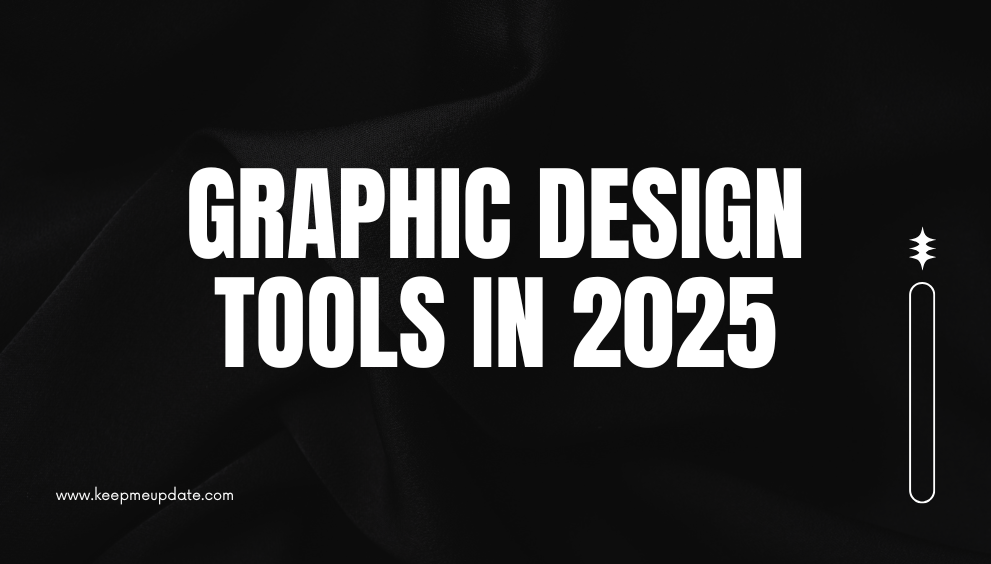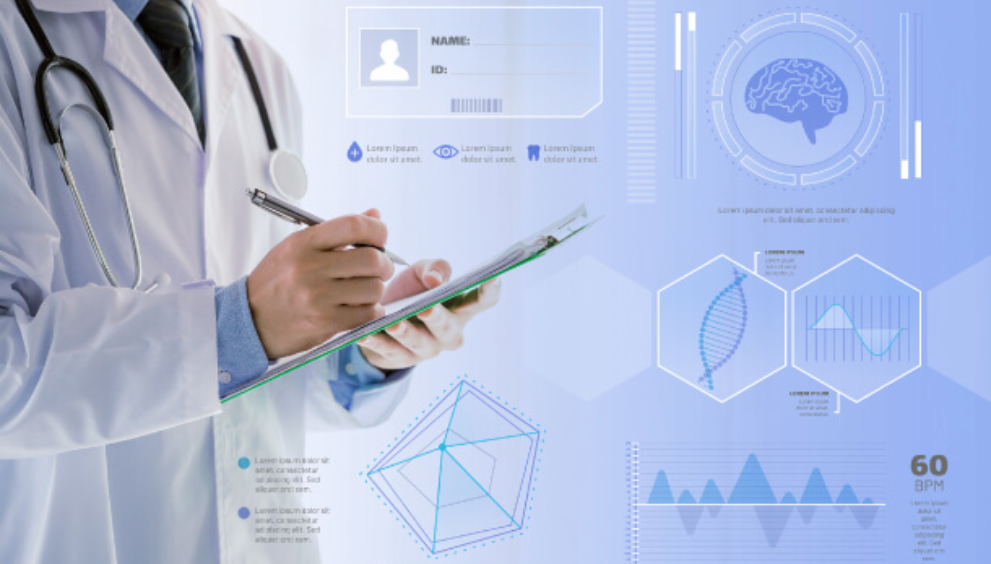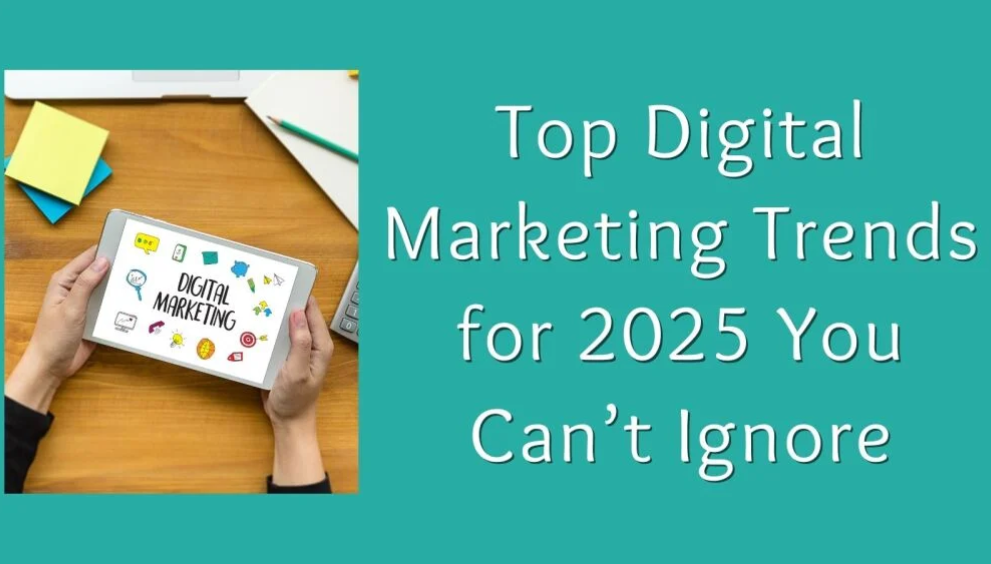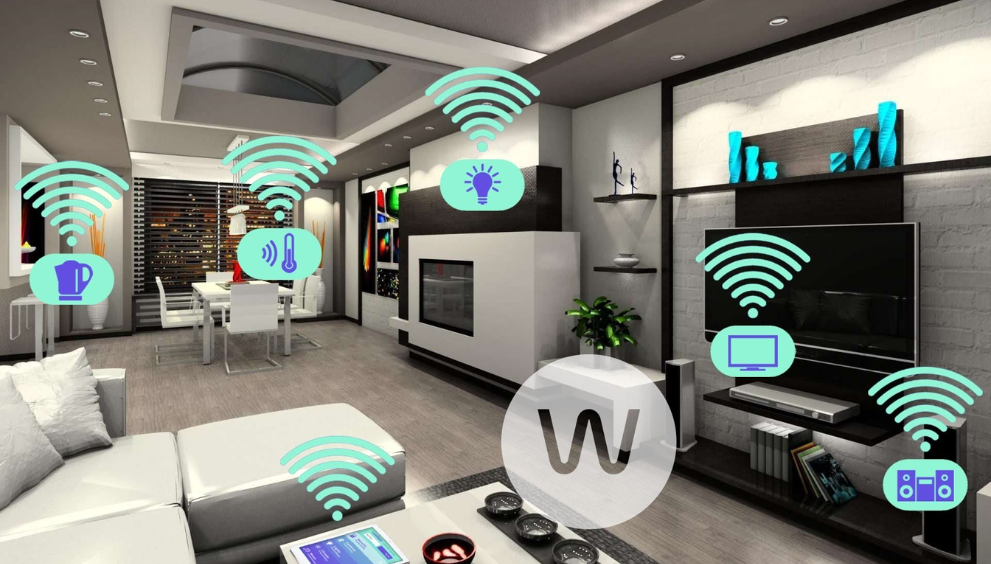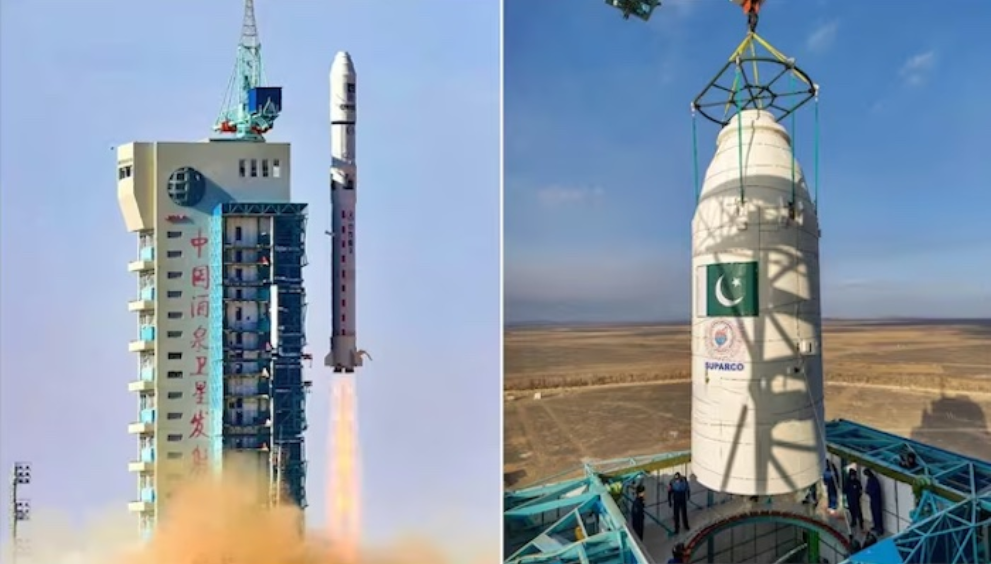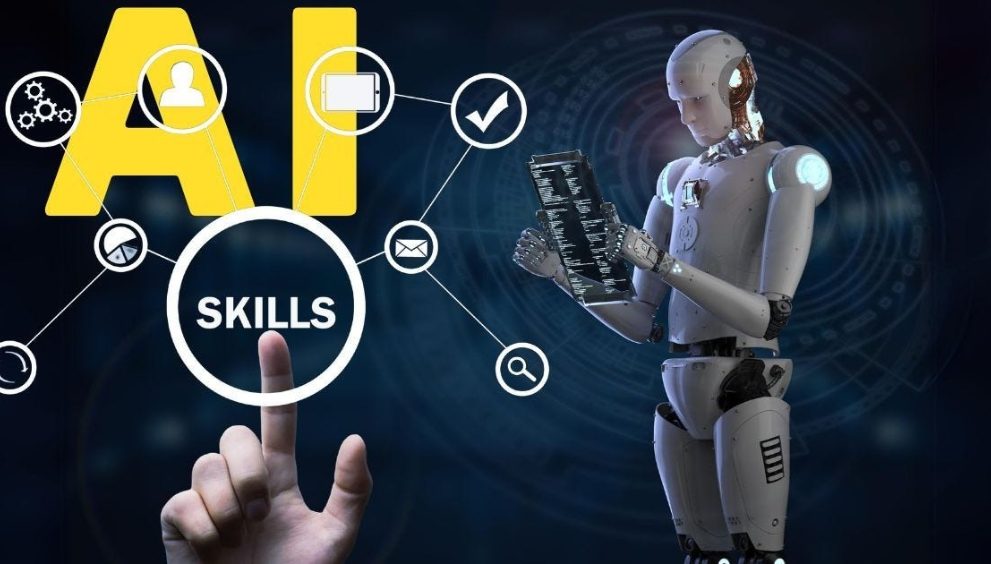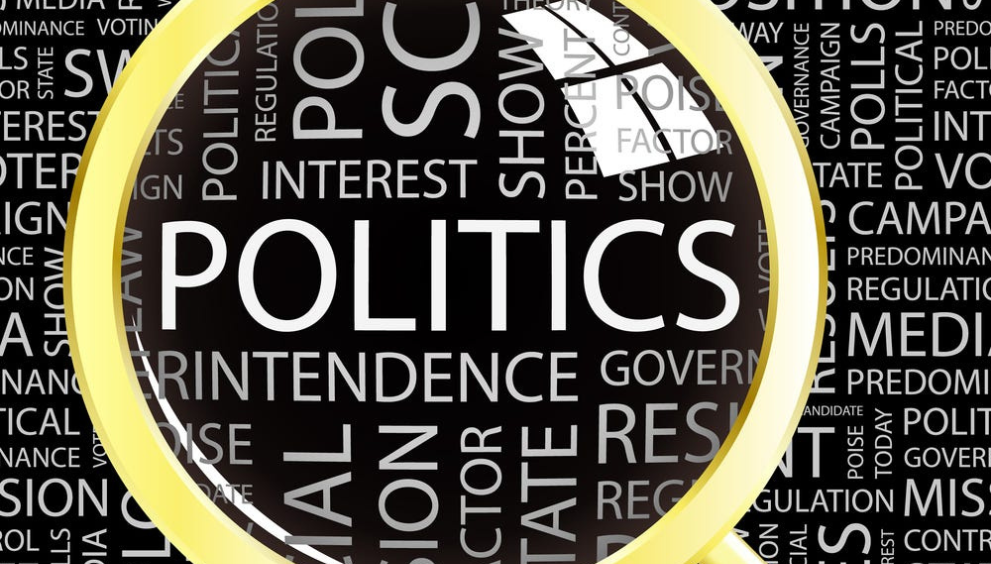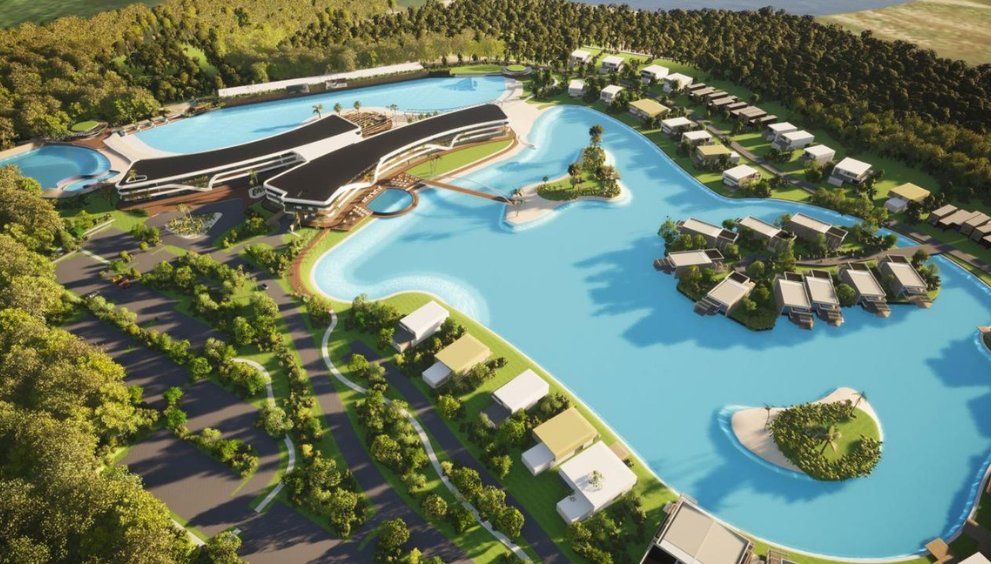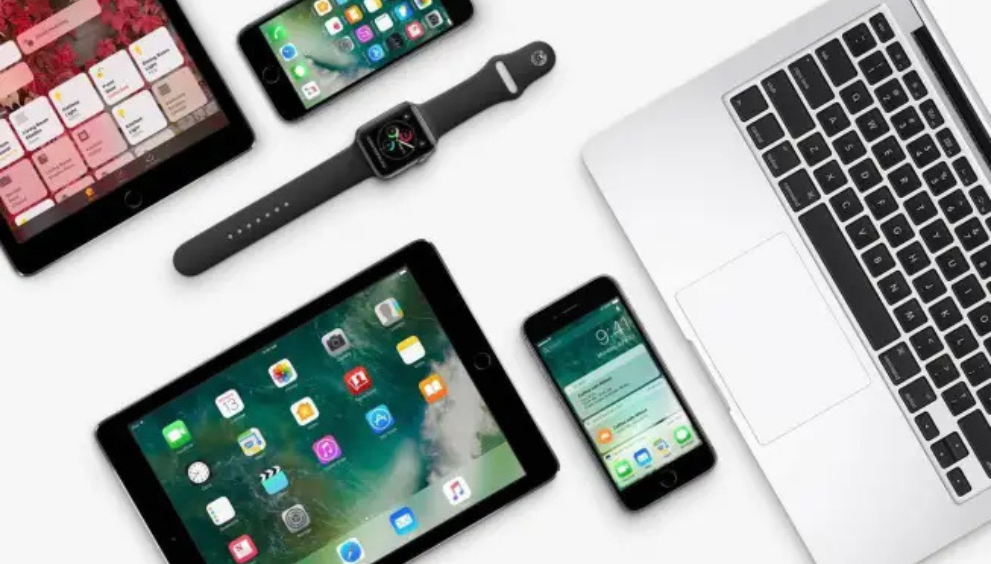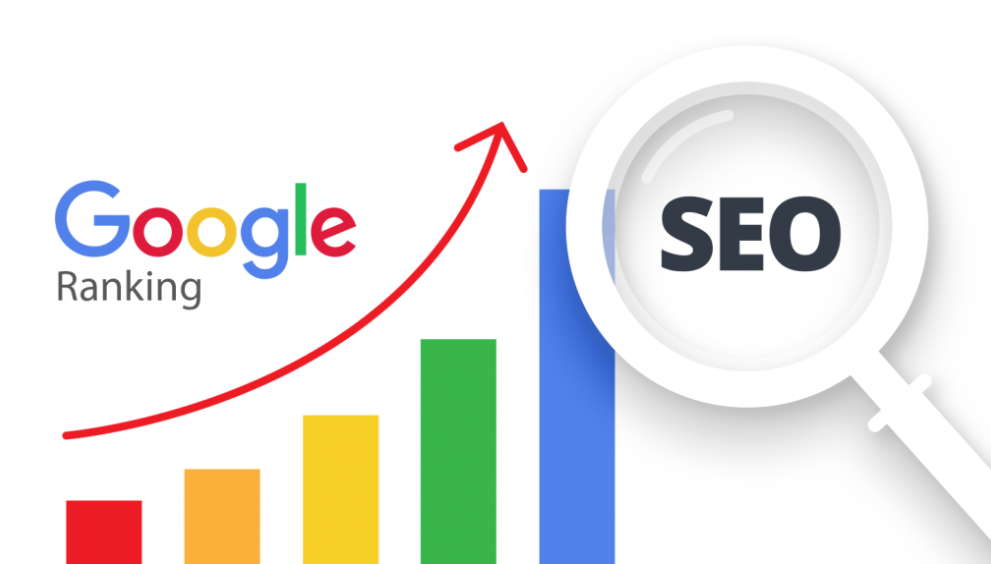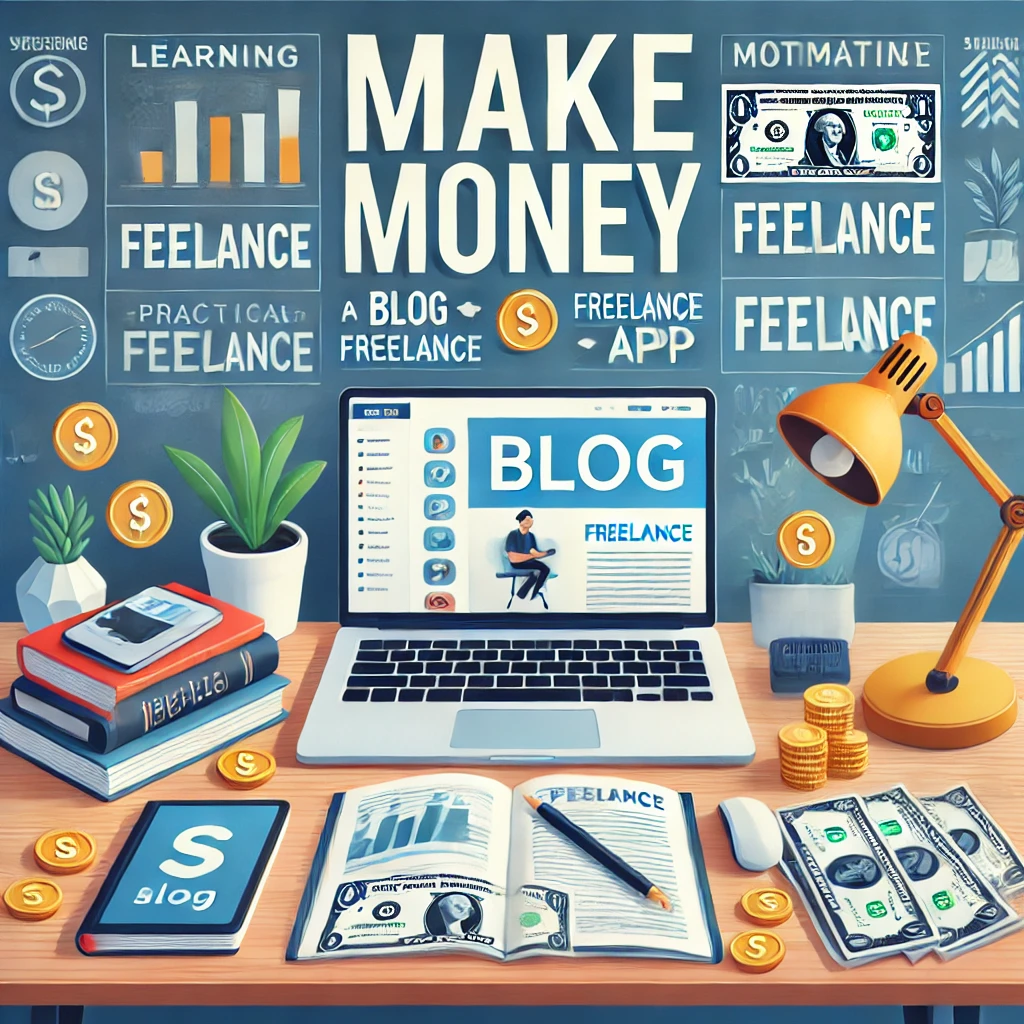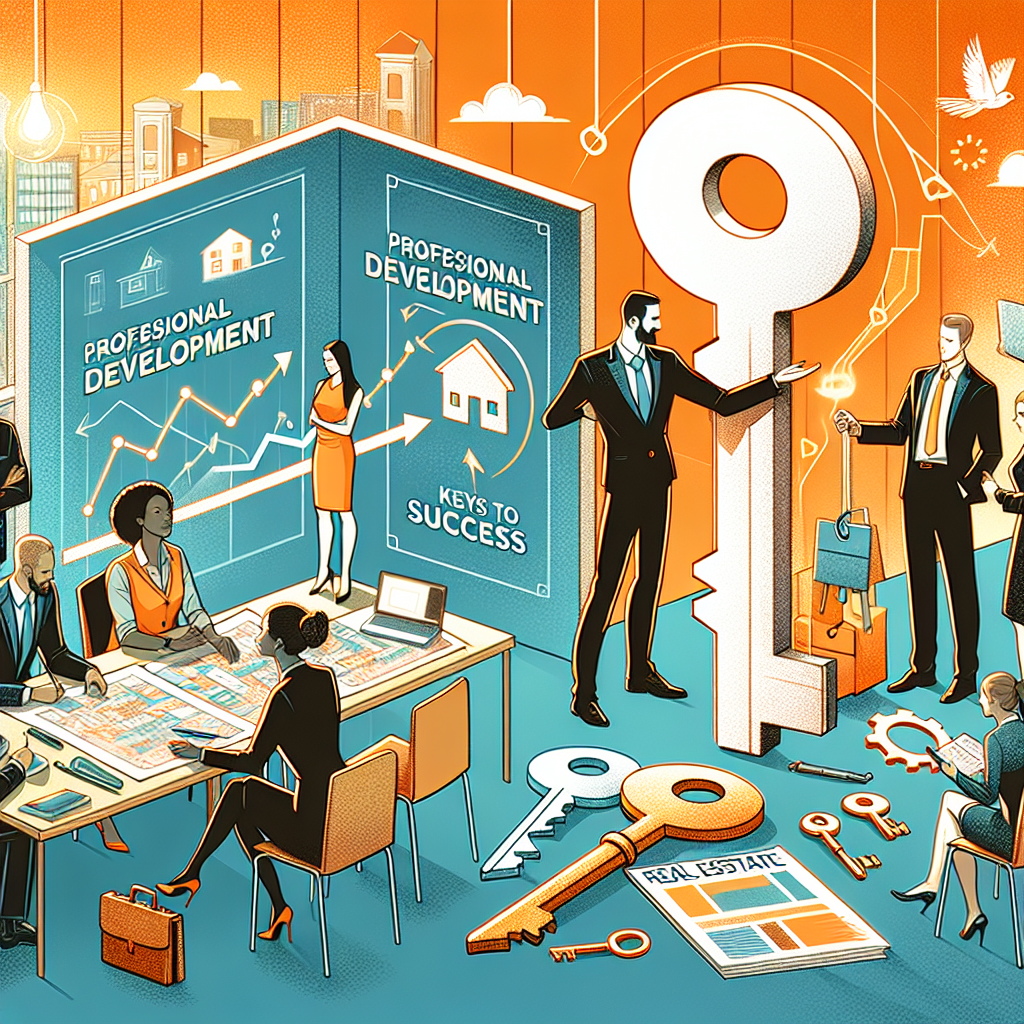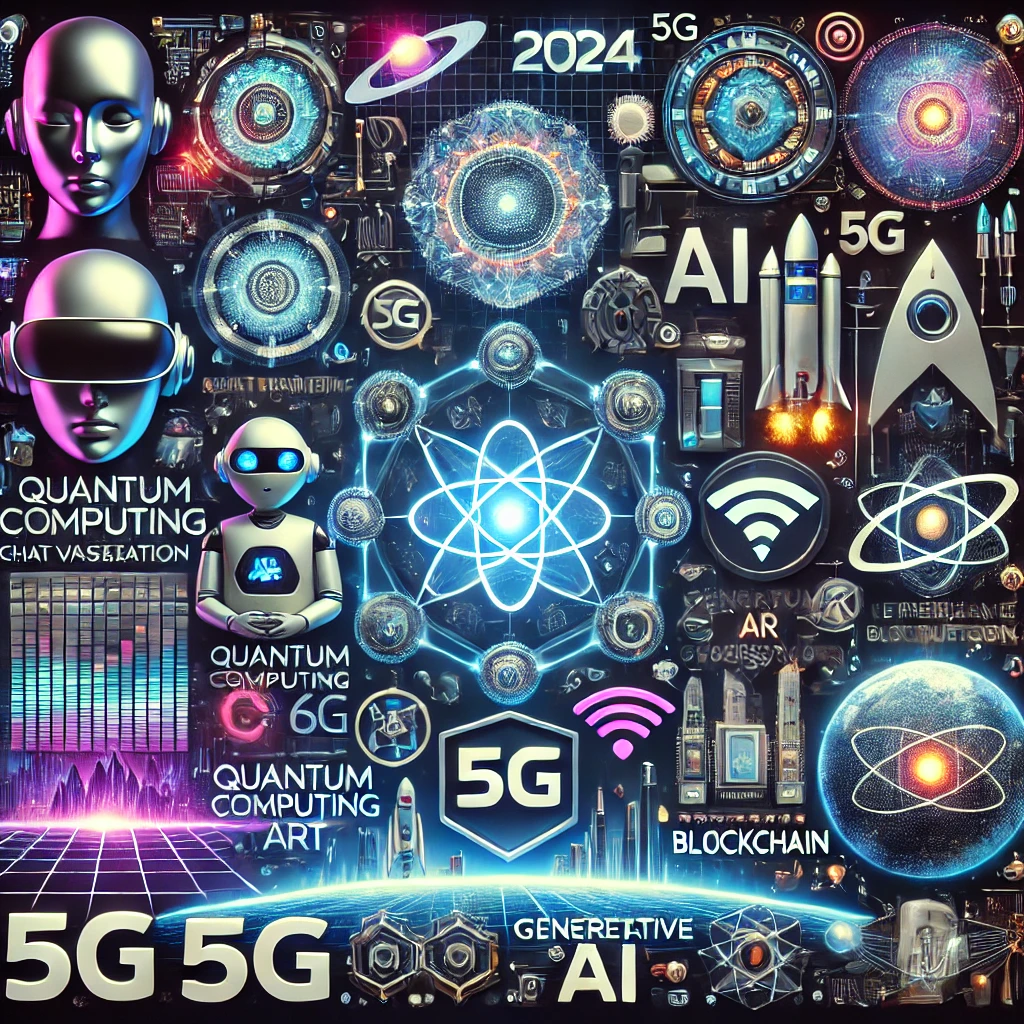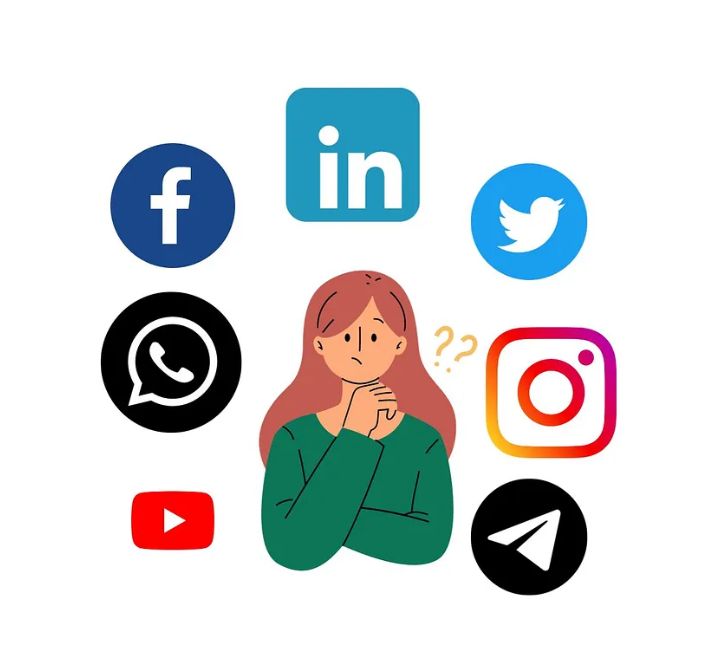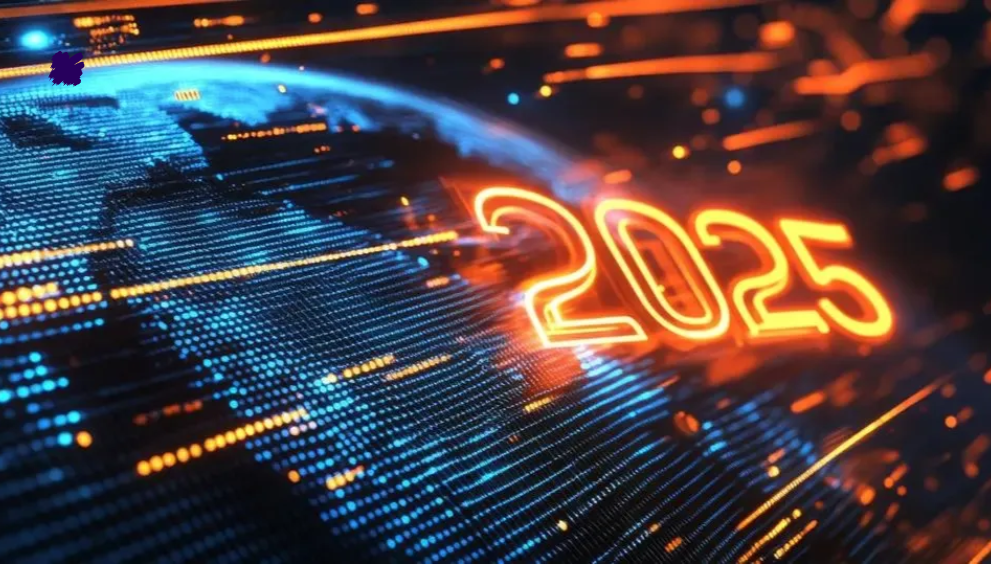How the Tech Industry Is Shaping Our Lives in 2025
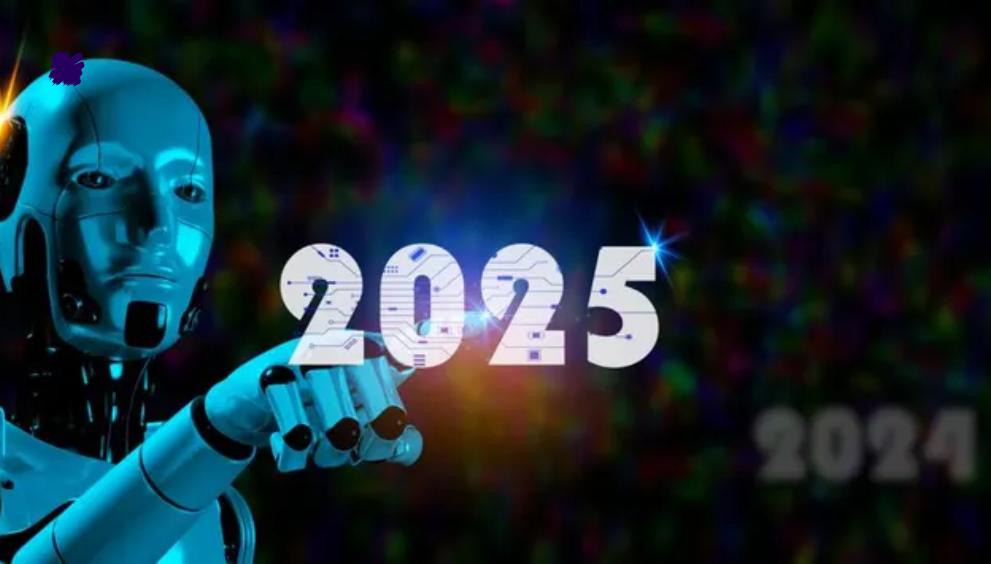
How the Tech Industry Is Shaping Our Lives in 2025
Technology is evolving faster than ever, and in 2025, it has become an inseparable part of our lives. From artificial intelligence (AI) to virtual reality (VR) and smart automation, technology is redefining how we work, communicate, and even think. Let’s take a look at how the tech industry is shaping our daily lives in 2025.
1. AI and Automation: A Smarter World
AI is no longer just a futuristic concept; it’s now deeply embedded in our daily routines. From AI-powered personal assistants managing our schedules to self-driving cars reducing road accidents, automation is making life more efficient. Businesses are also relying on AI to enhance productivity, whether it’s automating customer service or analyzing big data for better decision-making.
Moreover, automation in workplaces has led to a shift in job roles. While some traditional jobs have been replaced, new opportunities in AI development, robotics, and data science have emerged, creating a new demand for skilled professionals.
2. The Rise of Smart Cities
Urban development has taken a technological leap with the concept of smart cities. In 2025, smart infrastructure powered by the Internet of Things (IoT) is making cities more efficient. Smart traffic systems reduce congestion, AI-driven waste management optimizes resources, and energy-efficient buildings help in reducing environmental impact.
Public safety has also improved with AI-powered surveillance and crime detection, helping authorities respond to incidents faster. The integration of 5G and IoT has enabled seamless connectivity, making everyday life smoother and more convenient.
3. Healthcare Revolutionized by Technology
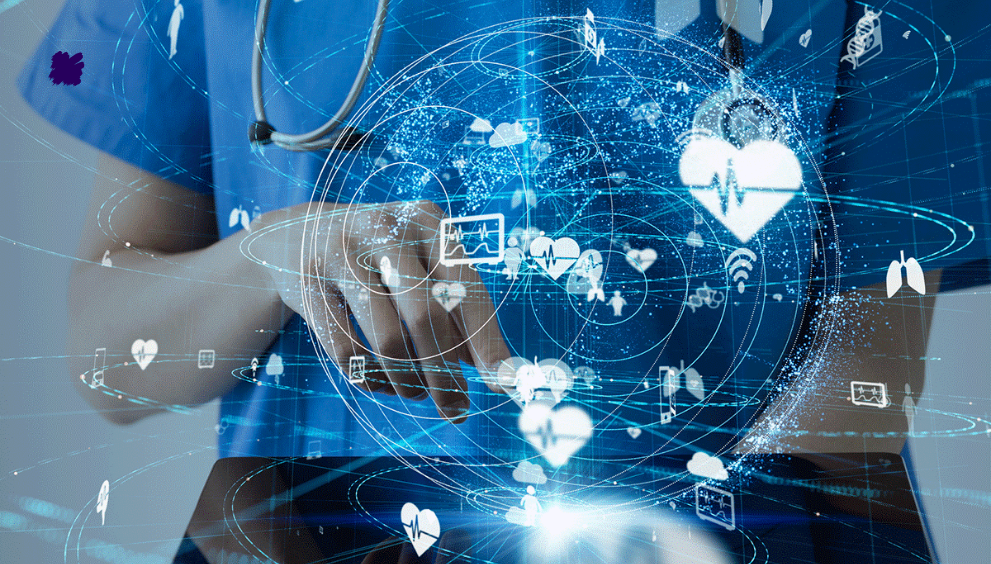
The healthcare industry has witnessed groundbreaking advancements. AI-powered diagnostic tools can now detect diseases earlier and more accurately than ever before. Wearable health devices track vital signs in real time, allowing doctors to monitor patients remotely. Telemedicine has become the norm, making healthcare more accessible, especially in remote areas.
Robotics has also entered the medical field, with robotic surgeries ensuring precision and reducing human error. Personalized medicine, where AI analyzes genetic data to suggest treatments, is improving patient outcomes significantly.
4. Education in the Digital Age
Education has transformed with virtual and augmented reality. Students no longer rely solely on textbooks; they can now experience immersive learning through VR classrooms, making complex subjects easier to understand. AI-powered tutors provide personalized learning experiences, ensuring students grasp concepts at their own pace.
Online education platforms have expanded, allowing people from all over the world to access quality education without geographical barriers. With blockchain technology ensuring secure certification, degrees and credentials are now more transparent and tamper-proof.
5. E-Commerce and Digital Payments

Shopping has gone completely digital, with AI-driven recommendations making online purchases more personalized. Augmented reality (AR) lets consumers try on clothes or visualize furniture in their homes before making a purchase.
Cashless transactions have become the norm, with digital wallets, cryptocurrencies, and biometric payments replacing traditional cash and cards. This has made financial transactions faster, safer, and more efficient.
6. The Entertainment Industry and the Metaverse

Entertainment has reached new heights with the rise of the metaverse. Virtual concerts, gaming, and even social interactions have shifted into digital spaces where users can engage with each other in real-time. AI-generated content, from music to movies, is pushing creative boundaries.
Streaming platforms have also evolved with AI-driven algorithms curating personalized content for users, making entertainment more engaging than ever.
7. The Environmental Impact of Technology
While technology has brought many benefits, its environmental impact cannot be ignored. However, advancements in renewable energy, smart grids, and sustainable tech solutions are helping reduce carbon footprints. Electric vehicles (EVs) have become more common, and smart homes are optimizing energy consumption.
Technology is also playing a crucial role in climate monitoring. AI-driven climate models predict natural disasters with better accuracy, helping governments and organizations take proactive measures.
Final Thoughts
The tech industry in 2025 is shaping a future that is more efficient, connected, and innovative. While challenges like data privacy and job displacement remain, the benefits of technological advancements continue to improve our lives in countless ways. As we move forward, adapting to these changes and leveraging technology responsibly will be key to a better future.Read more informative blogs

 English
English 










